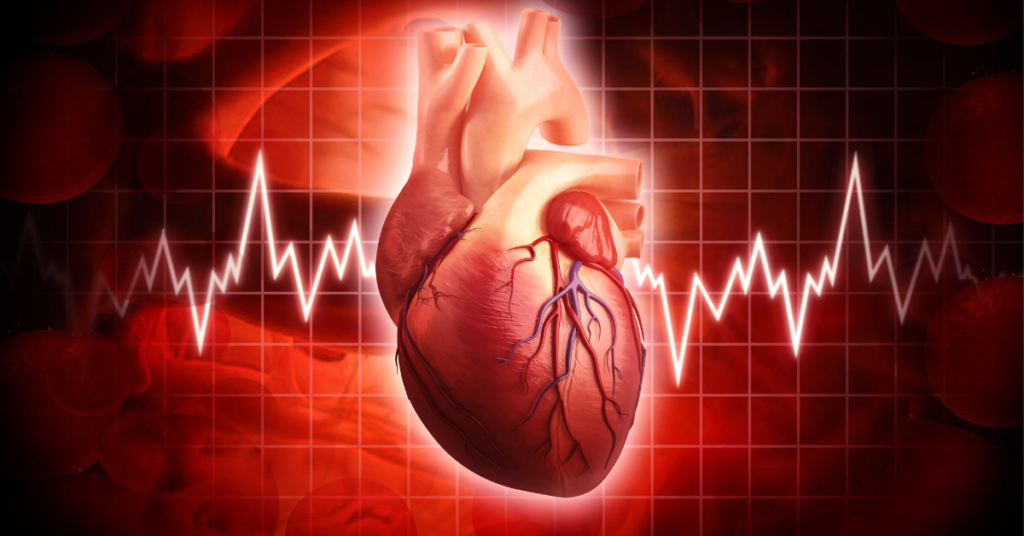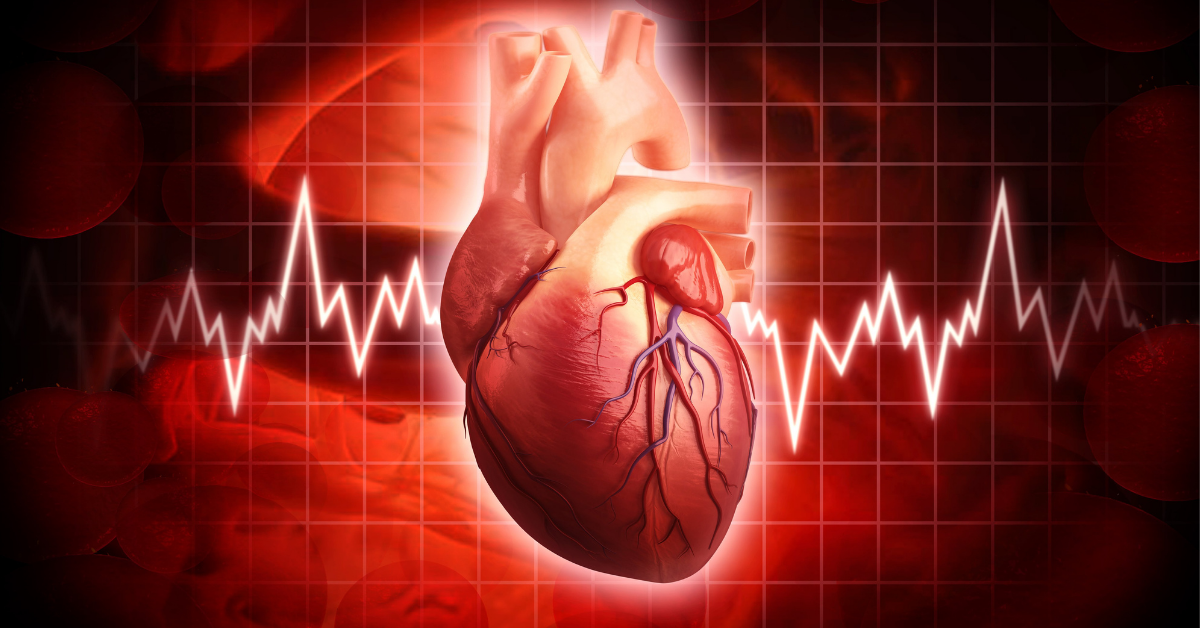

What Happens Immediately After Your Heart Stops
- by Life Priority
- No Comments
- Post Views: 48
 This headline may err a little on the grim side, but this topic is so important for recognizing heart issues and to stress the urgency that must be practiced when a time sensitive heart implication happens. The best protection we can have when an instance of cardiac arrest takes place is knowledge; the knowledge to distinguish the symptoms and the knowledge to know what actions to take next.
This headline may err a little on the grim side, but this topic is so important for recognizing heart issues and to stress the urgency that must be practiced when a time sensitive heart implication happens. The best protection we can have when an instance of cardiac arrest takes place is knowledge; the knowledge to distinguish the symptoms and the knowledge to know what actions to take next.
As a part of American Heart Month we wanted to research what physically transpires in our bodies when cardiac arrest occurs. Within the first five minutes of heart beat cessation, our bodies can quickly endure irreversible damages, so resuscitation timing is critical.
Upon cardiac arrest, the heart beat stops causing blood pressure to drop, the pulse to stop and respiration to cease. When these vital functions stop, an individual is considered clinically dead, but there is still a chance that resuscitation can save their life and they can still function normally in the future.
Low oxygen levels cause the victim to become unconscious and because the heart is struggling to pump oxygenated blood to our organs, the liver, kidneys, and brain quickly start to decline and risk being completely shut down. Without blood flow, the body’s temperature decreases quickly and causes skin color loss and this low circulation leads to extremities turning blue in color.
As minutes go by under these conditions, brain activity decreases until all electrical activity in the brain completely ceases. Once brain activity in the brain goes dark, the brain’s tissue becomes damaged to an irreversible point. It is this event that defines when an individual is to be considered brain dead or biologically dead.
It is important to note that brain damage can occur in minutes upon heart beat cessation, and full brain damage can occur in as little as 7 minutes. The quality of life after brain tissue is compromised is extremely low so that is why it is so important to be educated on the signs of cardiac arrest and to stay up on your heart health in general to avoid cardiac arrest altogether. Take the steps to educate yourself on maintaining a healthy heart and make sure you are getting annual physician checks to rule out any signs of heart issues. Speak with your doctor about how you can take preventative measures to keep your heart healthy, they may recommend a diet change, an exercise program, or a new drug regimen.
We never know when a cardiac event will occur; we could be a bystander, or God forbid, a victim, but when it happens, chances of an individual surviving is increased when Cardiopulmonary Resuscitation (CPR) is performed immediately. CPR certifications aren’t just for healthcare professionals, anyone can acquire this credential by taking a certified course https://goo.gl/gHe4O0 .
These statements have not been evaluated by the Food and Drug Administration.
These products are not intended to diagnose, treat, cure, or prevent any disease.
Sign up for emails from OneHeartNetwork.com:
By providing your email address, you are agreeing to our privacy policy.
RECOMMENDED




